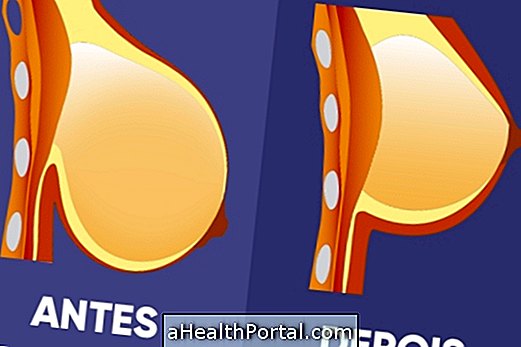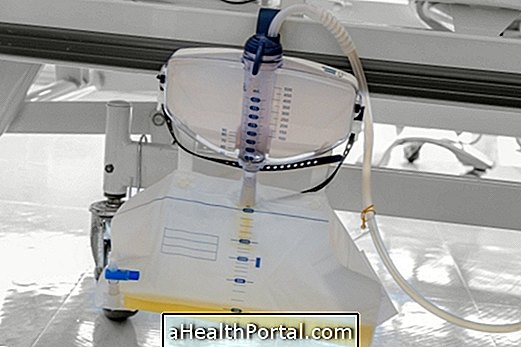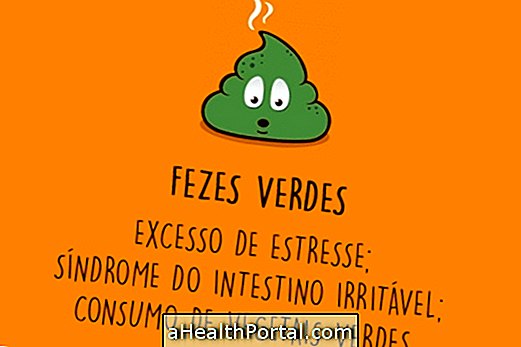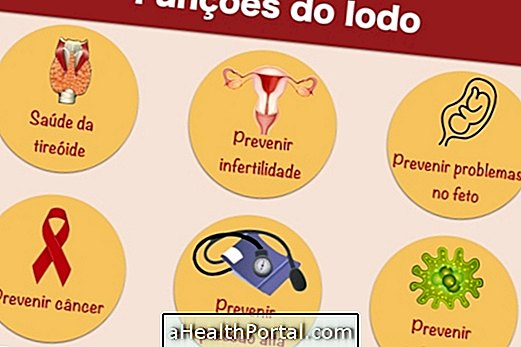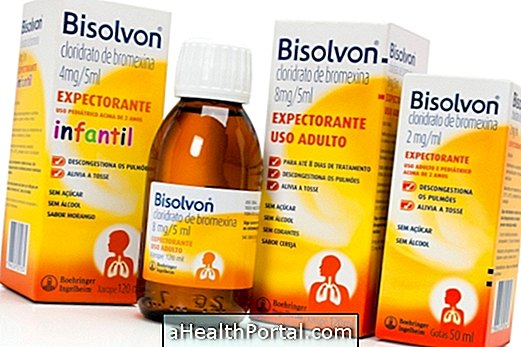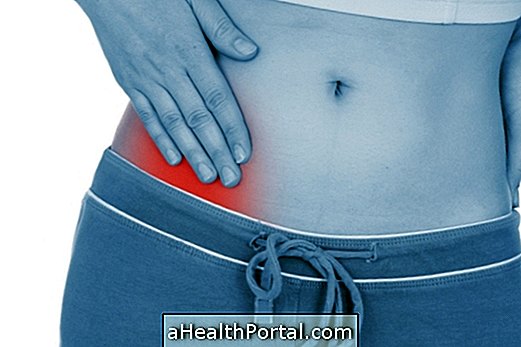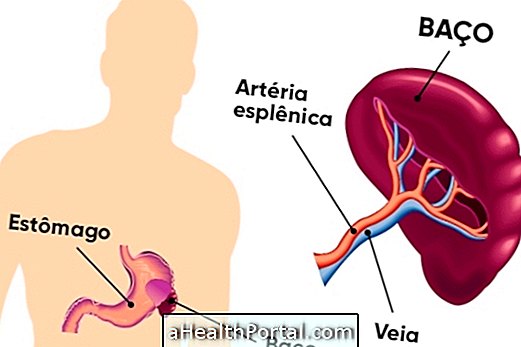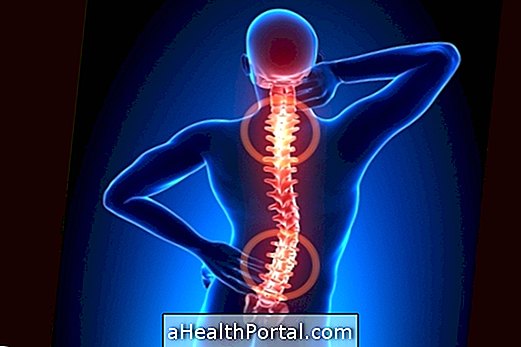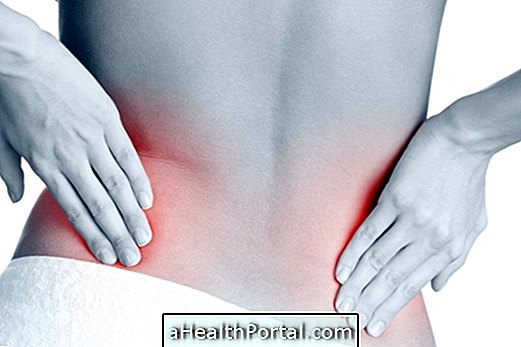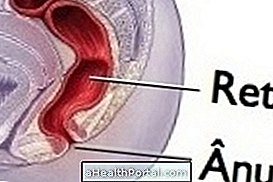Vitamin B12, also known as cobalamin, causes symptoms like anemia, weakness, constipation and poor appetite when it is at deficient levels in the body.
This vitamin can be easily found in foods like fish, meat, eggs, cheese and milk, and is important for stimulating the production of blood cells, DNA and for maintaining the health of the nervous system. See the full list of foods here.
Thus, when it is deficient in the body, some symptoms may arise, such as:
- Frequent fatigue and weakness;
- Constipation;
- Loss of appetite;
- Loss of weight without apparent cause;
- Tingling in the hands and feet;
- Lack of balance;
- Mental confusion and memory loss;
- Common mouth and tongue wounds;
- Recurring feelings of sadness.
In children, deficiency of this vitamin can also cause difficulty in growth, delayed overall development and megaloblastic anemia, for example.
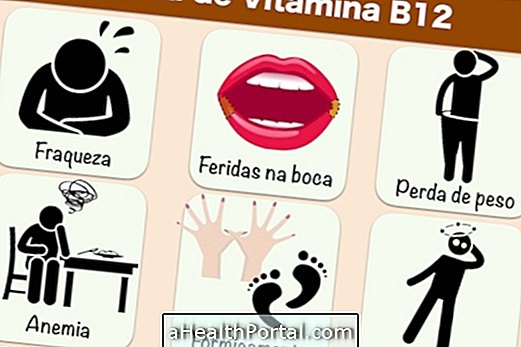
Who is at increased risk of vitamin B12 deficiency
Vitamin B12 deficiency occurs mainly in people on a vegetarian diet without consumption of cow's milk and dairy products, the elderly and in cases of gastrointestinal surgeries, Crohn's disease, celiac disease, pernicious anemia.
In addition, the use of medications such as antibiotics, metformin, and remedies for gastritis and gastric ulcers, such as Omeprazole, may decrease the absorption of B12 in the gut, and it is recommended that you talk to your doctor about the need to use vitamin supplements.
When excess vitamin can occur
The excess of this vitamin is rare, because it is easily eliminated from the body through the urine. However, the use of B12 supplements in cases of polycythemia, Leber's Congenital Amaurosis, cobalt or cobalamin allergy, or after stenting surgery on some blood vessel in the body should be avoided.
See all the functions that vitamin B12 has in the body.
